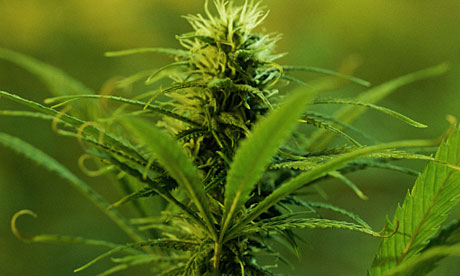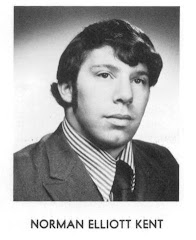
By ETHAN NADELMANN
MARIJUANA is now legal under state law for medical purposes in 16 states and the District of Columbia, encompassing nearly one-third of the American population. More than 1,000 dispensaries provide medical marijuana; many are well regulated by state and local law and pay substantial taxes. But though more than 70 percent of Americans support legalizing medical marijuana, any use of marijuana remains illegal under federal law.
When he ran for president, Barack Obama defended the medical use of marijuana and said that he would not use Justice Department resources to override state laws on the issue. He appeared to make good on this commitment in October 2009, when the Justice Department directed federal prosecutors not to focus their efforts on “individuals whose actions are in clear and unambiguous compliance with existing state laws providing for the medical use of marijuana.”
But over the past year, federal authorities appear to have done everything in their power to undermine state and local regulation of medical marijuana and to create uncertainty, fear and confusion among those in the industry. The president needs to reassert himself to ensure that his original policy is implemented.
The Treasury Department has forced banks to close accounts of medical marijuana businesses operating legally under state law. The Internal Revenue Service has required dispensary owners to pay punitive taxes required of no other businesses. The Bureau of Alcohol, Tobacco, Firearms and Explosives recently ruled that state-sanctioned medical marijuana patients can not purchase firearms.
United States attorneys have also sent letters to local officials, coinciding with the adoption or implementation of state medical marijuana regulatory legislation, stressing their authority to prosecute all marijuana offenses. Prosecutors have threatened to seize the property of landlords and put them behind bars for renting to marijuana dispensaries. The United States attorney in San Diego, Laura E. Duffy, has promised to start targeting media outlets that run dispensaries’ ads.
President Obama has not publicly announced a shift in his views on medical marijuana, but his administration seems to be declaring one by fiat. The head of the Drug Enforcement Administration, Michele M. Leonhart, a Bush appointee re-nominated by Mr. Obama, has exercised her discretionary authority to retain marijuana’s classification as a Schedule I drug with “no currently accepted medical use in treatment in the United States.” And the pronouncements on marijuana, medical and otherwise, from Mr. Obama’s top drug policy adviser, R. Gil Kerlikowske, have been indistinguishable from those of Mr. Bush’s.
None of this makes any sense in terms of public safety, health or fiscal policy. Apart from its value to patients, medical marijuana plays an increasingly important role in local economies, transforming previously illegal jobs into legal ones and creating many new jobs as well, contributing to local tax bases and stimulating new economic activity. Federal crackdowns will not stop the trade in marijuana; they will only push it back underground and hurt those patients least able to navigate illicit markets.
Perhaps not since the civil rights era has law enforcement played such an aggressive role in what is essentially a cultural and political struggle. But this time the federal government is playing the bully, riding roughshod over states’ rights, not to protect vulnerable individuals but to harm them.
At the federal level, there have been few voices of protest. Senior Democrats on Capitol Hill shy away from speaking out. Republicans mostly ignore the extent to which anti-marijuana zealotry threatens core conservative values like states rights, property rights and gun ownership.
Mr. Obama briefly showed a willingness to challenge the drug-war mind-set that permeates the federal drug-control establishment. He needs to show leadership and intervene now, to encourage and defend responsible state and local regulation of medical marijuana.
Ethan Nadelmann is the executive director of the Drug Policy Alliance.

















.jpg)
















